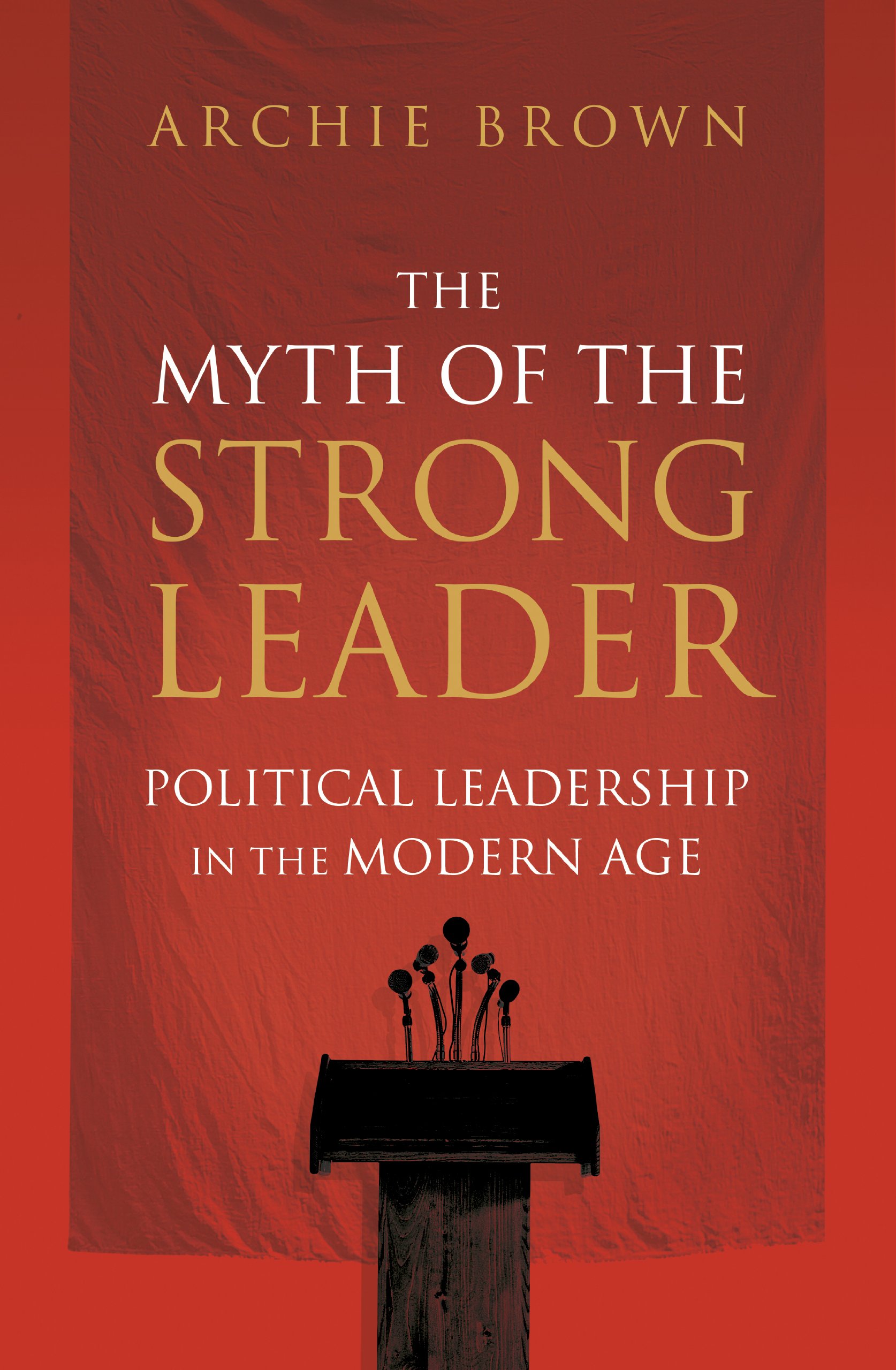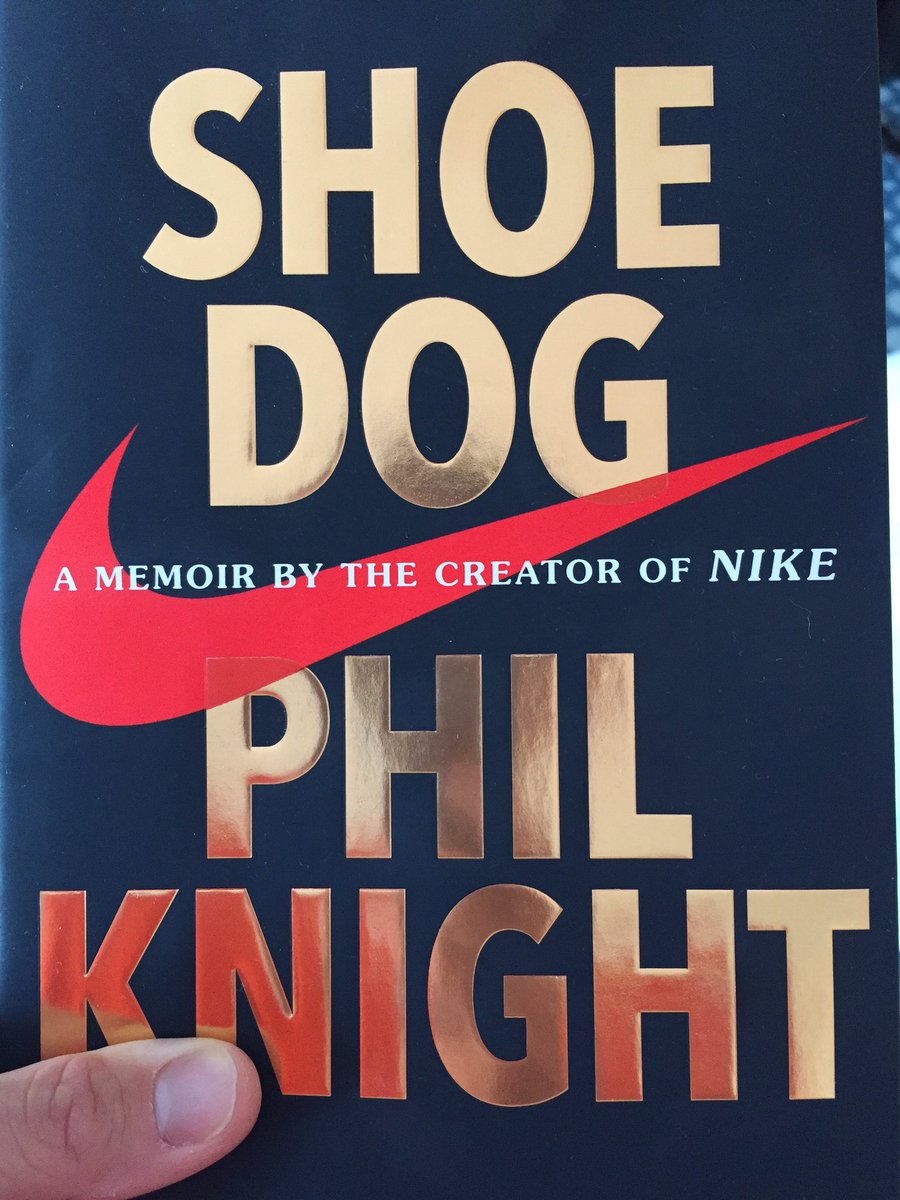We all know about Bill Gates. Some of us also know that apart from being a business tycoon, he is also an avid reader. Every year he releases the set of books he most liked, and recommends the same to the readers of his blog (to readers in general). The following list Gates shared for his picks of 2016, covers a wide range of areas from science to sports to politics. Read ahead to know why the books mentioned below made it to his favourites.
- String Theory, by David Foster Wallace. Gates says, “This book has nothing to do with physics, but its title will make you look super smart if you’re reading it on a train or plane. String Theory is a collection of five of Wallace’s best essays on tennis, a sport I gave up in my Microsoft days and am once again pursuing with a passion. You don’t have to play or even watch tennis to love this book. The late author wielded a pen as skillfully as Roger Federer wields a tennis racket. Here, as in his other brilliant works, Wallace found mind-blowing ways of bending language like a metal spoon.”

- Shoe Dog, by Phil Knight. “This memoir, by the co-founder of Nike, is a refreshingly honest reminder of what the path to business success really looks like: messy, precarious, and riddled with mistakes. I’ve met Knight a few times over the years. He’s super nice, but he’s also quiet and difficult to get to know. Here Knight opens up in a way few CEOs are willing to do. I don’t think Knight sets out to teach the reader anything. Instead, he accomplishes something better. He tells his story as honestly as he can. It’s an amazing tale.”

- The Gene, by Siddhartha Mukherjee. “Doctors are deemed a “triple threat” when they take care of patients, teach medical students, and conduct research. Mukherjee, who does all of these things at Columbia University, is a “quadruple threat,” because he’s also a Pulitzer Prize– winning author. In his latest book, Mukherjee guides us through the past, present, and future of genome science, with a special focus on huge ethical questions that the latest and greatest genome technologies provoke. Mukherjee wrote this book for a lay audience, because he knows that the new genome technologies are at the cusp of affecting us all in profound ways.”

- The Myth of the Strong Leader, by Archie Brown. “This year’s fierce election battle prompted me to pick up this 2014 book, by an Oxford University scholar who has studied political leadership—good, bad, and ugly—for more than 50 years. Brown shows that the leaders who make the biggest contributions to history and humanity generally are not the ones we perceive to be “strong leaders.” Instead, they tend to be the ones who collaborate, delegate, and negotiate—and recognize that no one person can or should have all the answers. Brown could not have predicted how resonant his book would become in 2016.”

In case you are a lazy human being, you can see the youtube video posted by his youtube channel and revel in the technologically advanced world we live in.
Content Source : Bill Gates Blog
Image Source : Google Images



